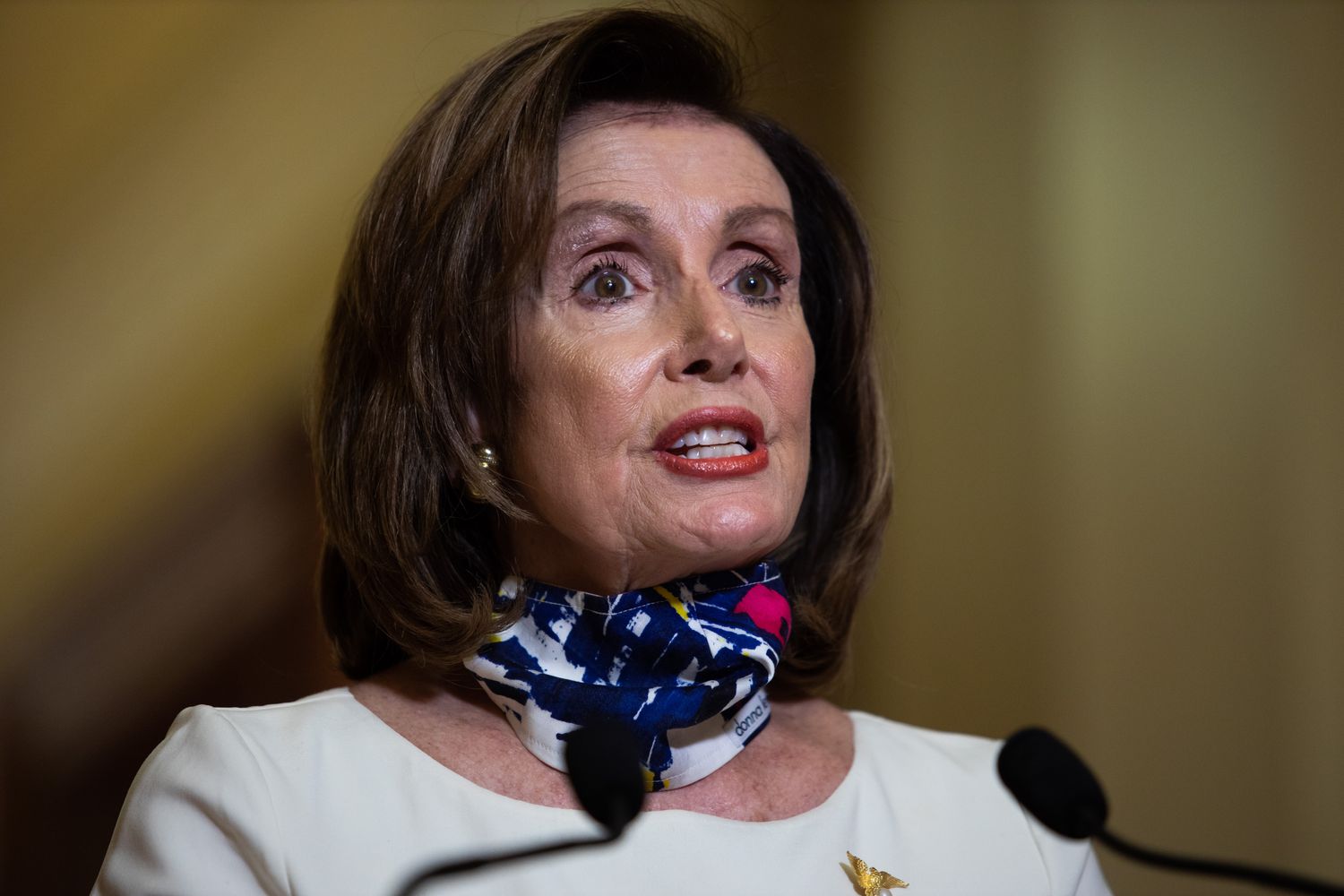
Among the 11 Confederate statues on display in the hall are the president and vice president of the Confederacy, Jefferson Davis and Alexander Stephens, both of whom Pelosi noted had been charged with treason against the United States for their roles in the Civil War.
Blunt and Lofgren, Pelosi wrote, should instruct the Architect of the Capitol to “immediately take steps” to remove the Confederate statues from display.
Lofgren quickly backed the speaker’s request, calling on Blunt to “swiftly” approve of the statues’ removal, asserting that what they “represent is anathema to who we are as a Congress and a country.”
“The Capitol building belongs to the American people and cannot serve as a place of honor for the hatred and racism that tears at the fabric of our nation, the very poison that these statues embody,” Lofgren said in a statement.
But in a statement Wednesday night, Blunt pushed back on Pelosi’s assertion that the joint committee has the authority to remove the statues on their own.
„Under the law, each state decides which two statues it will send to the Capitol. Several states have moved toward replacing statues and others appear headed in the same direction,“ he said, a process he called „ongoing and encouraging.“ Still, he continued, „As Speaker Pelosi is undoubtedly aware, the law does not permit the Architect of the Capitol or the Joint Committee of Congress on the Library to remove a statue from the Capitol once it has been received.”
The revived push from Pelosi is part of a broader effort to eliminate Confederate symbolism across the country after weeks of protests over Floyd’s slaying and systemic racism in the U.S.
Similar movements have cropped up in recent years after the mass shooting of black churchgoers in Charleston, S.C., by a white supremacist in 2015 and again after the 2017 “Unite the Right” rally in Charlottesville, Va. But removing homages to the Confederacy proved to be fiercely divisive as critics argued that they represented “Southern heritage,” and amounted to erasing history.
Still, the past few weeks have seen monuments to the Confederacy begin to fall across the South amid what appears to be a major shift in public opinion on racism in the United States.
Earlier this week the Army said it was open to renaming all or some of the 10 military installations named after Confederate leaders, before Trump abruptly put the kibosh on that prospect Wednesday afternoon. Also this week, the Navy said it would follow the Marine Corps’ lead and ban the public display of Confederate flags from its installations.
Hours after Trump announced his firm opposition to renaming Army bases, NASCAR said that it would ban Confederate flags — a ubiquitous sight at races — from its events.
“While I believe it is imperative that we never forget our history lest we repeat it,” Pelosi said on Wednesday, “I also believe that there is no room for celebrating the violent bigotry of the men of the Confederacy in the hallowed halls of the United States Capitol or in places of honor across the country. Let us lead by example.”
Source: politico.com
See more here: news365.stream






